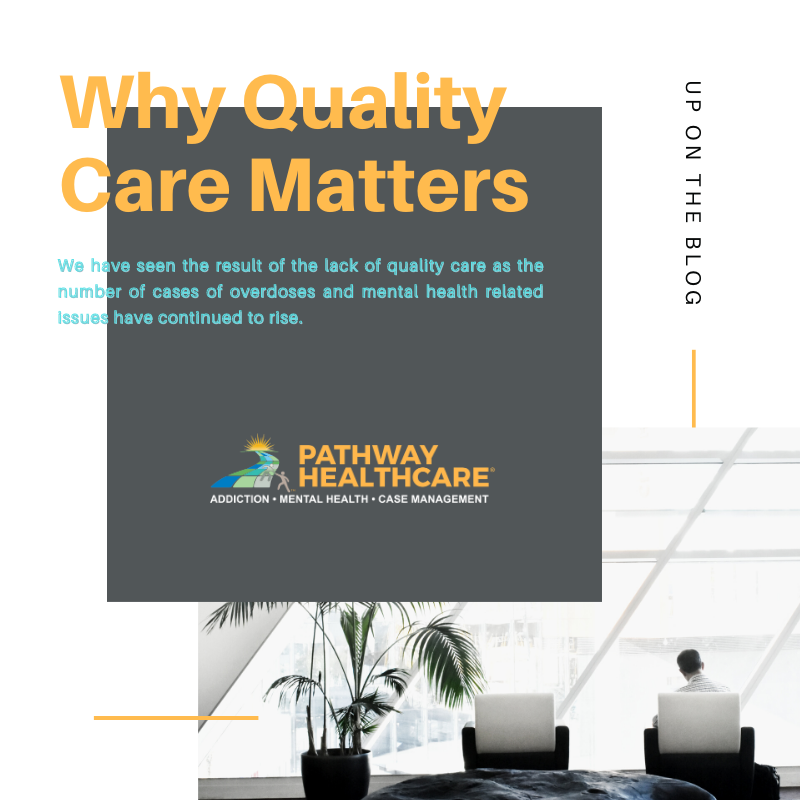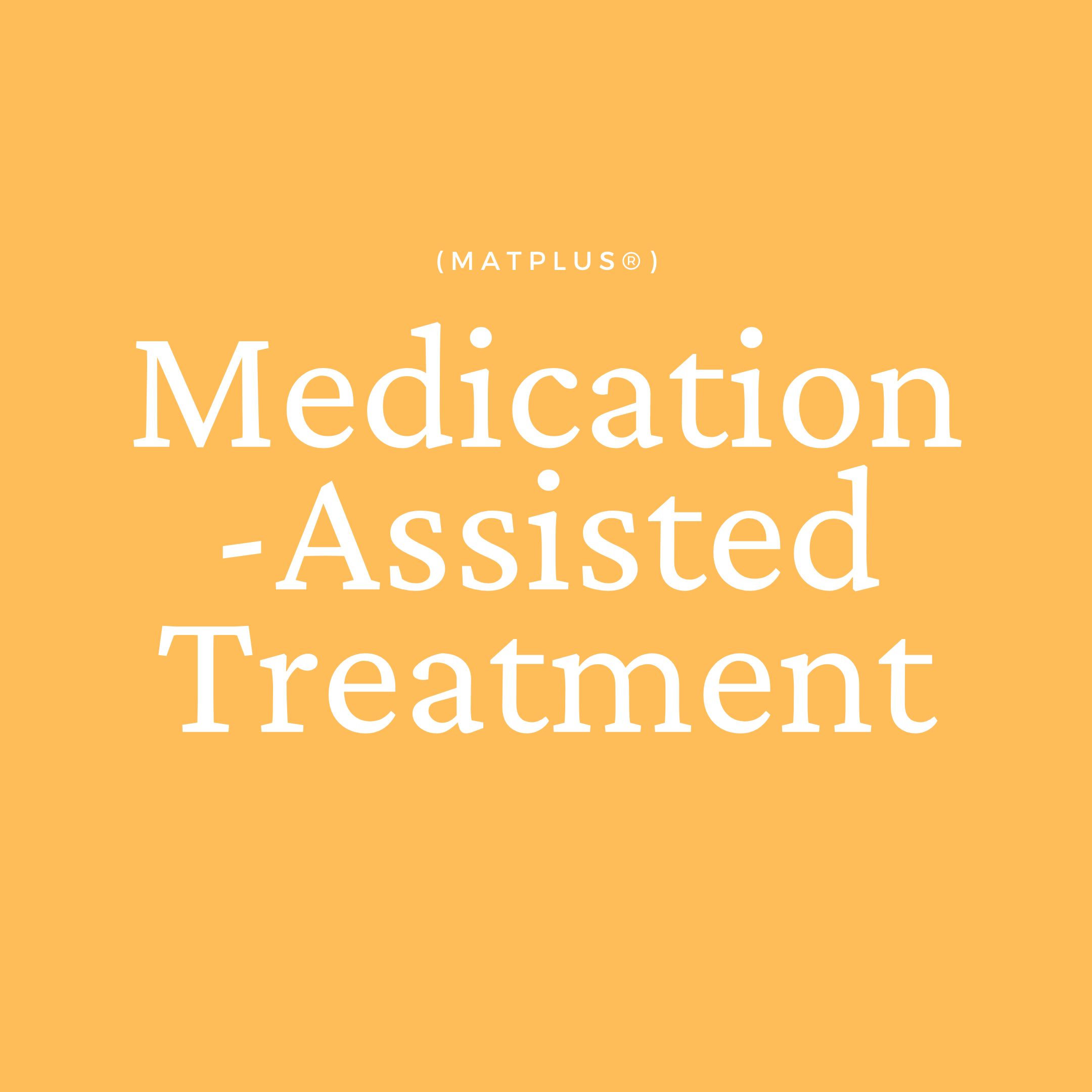Summertime is all about outdoor BBQ’s, lounging by the pool, being out in the sun by the beach or at the lake, hanging out with family or friends…all with a cool drink in your hands. A lot of people think about and consume beer, canned or fresh cocktails, spritzers, hard seltzers, hard teas and lemonades, and wine coolers. There are unlimited options and advertisers do their best to convince you these drinks are “cooling”, “refreshing” and/or “relaxing.” What could possibly be better?
However, combining the summer heat and alcohol can be dangerous. It can lead to anything ranging from a really bad day to a downright deadly one if you don’t understand how summer and alcohol mix.
Summer heat is the first danger to be alert to. Most people are not drinking any or enough water to stay safely hydrated. When someone is not hydrated enough, several things start to happen:
1) You get hot in the heat and begin to sweat, which is totally normal. This is how the body cools itself off. But this loss of fluid is a problem if you don’t have fluid going in to make up for what is going out.
2) You grab an alcoholic drink to hydrate, but alcohol is a diuretic. Basically, it makes you urinate more so in turn, you lose more fluid.
3) After sweating and urinating, you are more dehydrated than when you started. Add in a little buzz from that beer or other alcoholic drink (or two, or three), and you also don’t particularly care or realize you are dehydrated.
4) If you happen to vomit for any reason, the fluid loss is even worse.
5) Every drop of sweat and alcoholic drink is creating a vicious cycle.
Eventually, your cooling system is going to breakdown in this scenario. Your body only works in a small temperature range. Alcohol can mess up your ability to know that you are in danger. As it gets worse, the warning signs of severe illness can be ignored. Heat stroke can occur which is life threatening and requires immediate emergency medical attention. (The signs of heat stroke are: headache, dizziness, disorientation, confusion, loss of consciousness, hallucinations and seizures). During a heat stroke, your body temperature is high, and your organs are “cooking”. A lot of these symptoms seem like how a drunk person might act so your friends may not notice a problem, especially if they have also been drinking.
Another summer alcohol danger is the lack of safety awareness that comes with alcohol intake. Otherwise normal summertime activities can become dangerous when alcohol gets mixed in. Alcohol can decrease you gag reflex. Suddenly you can’t clear your airway as well in the water and you can get water in lungs easier and drown. This is compounded when your judgment is impaired and you are less aware of your limits and distance and swim out farther than you should or can’t find your way out of the water because the alcohol has you a bit confused or disoriented. Boating accidents, car accidents, slips, trips, and falls all increase with alcohol leading to injuries as severe as paralysis and death.
If you are struggling to control your alcohol consumption, please call us at Pathway Healthcare for an assessment and treatment plan. We can help you reduce or completely eliminate your alcohol intake which will lead to better health overall. Thankfully, there are many alternatives to alcohol on the market that actually hydrate the body so you can enjoy the summer heat outdoors safely.
Pathway Healthcare – 844.728.4929 or visit http://www.pathwayhealthcare.com/to find a location near you.
Author: Shelly Southworth, BSN RN
References



